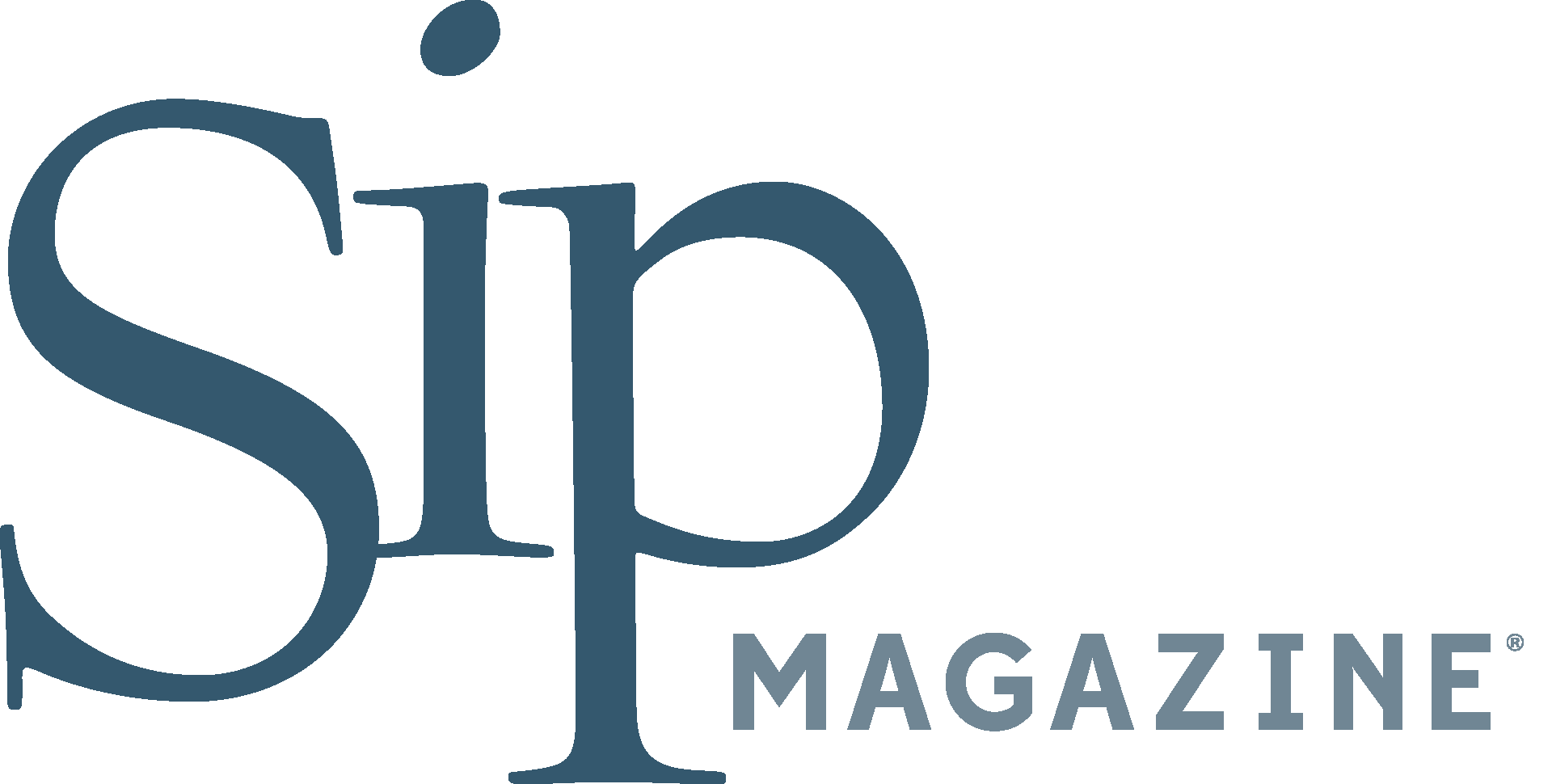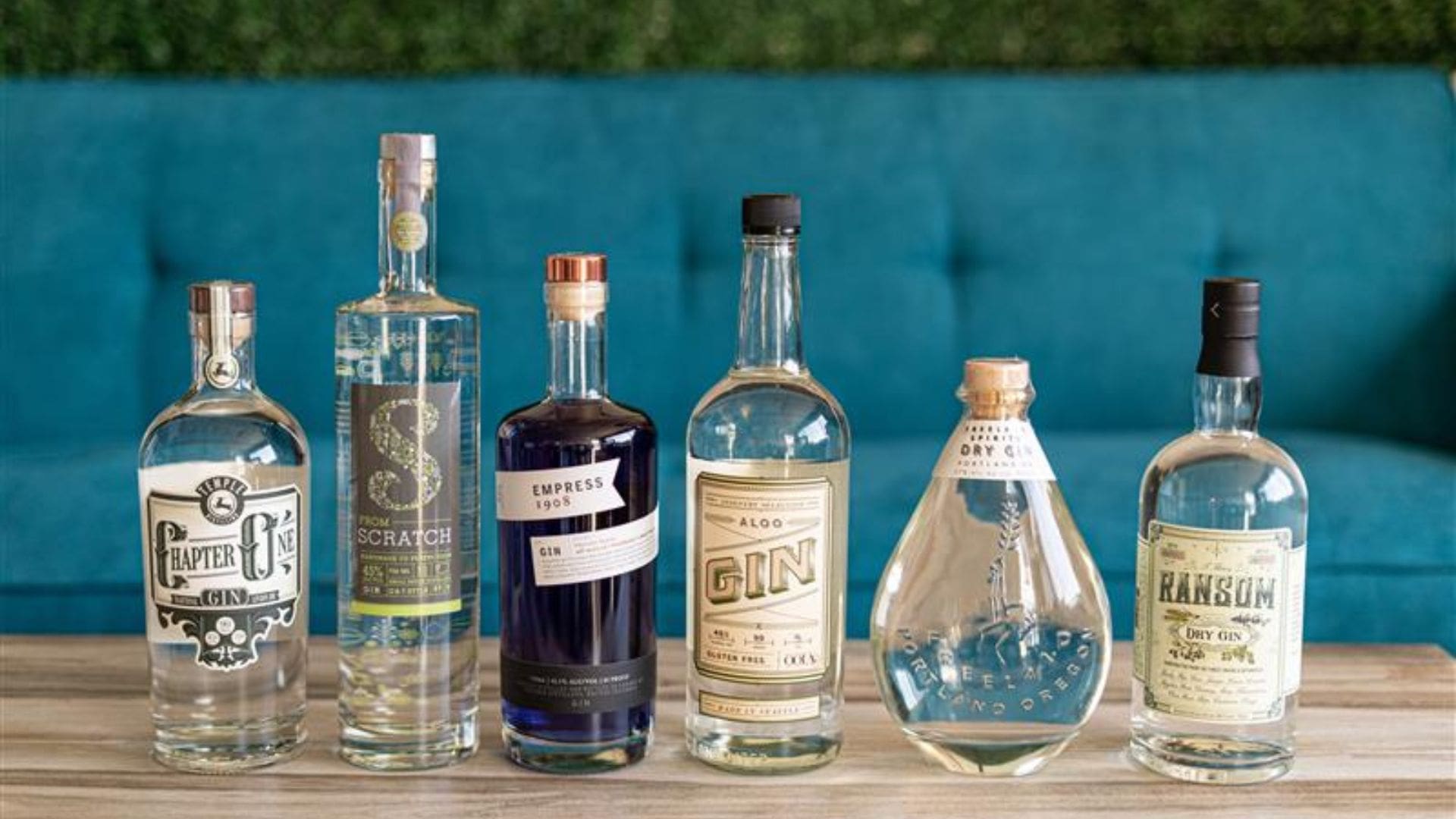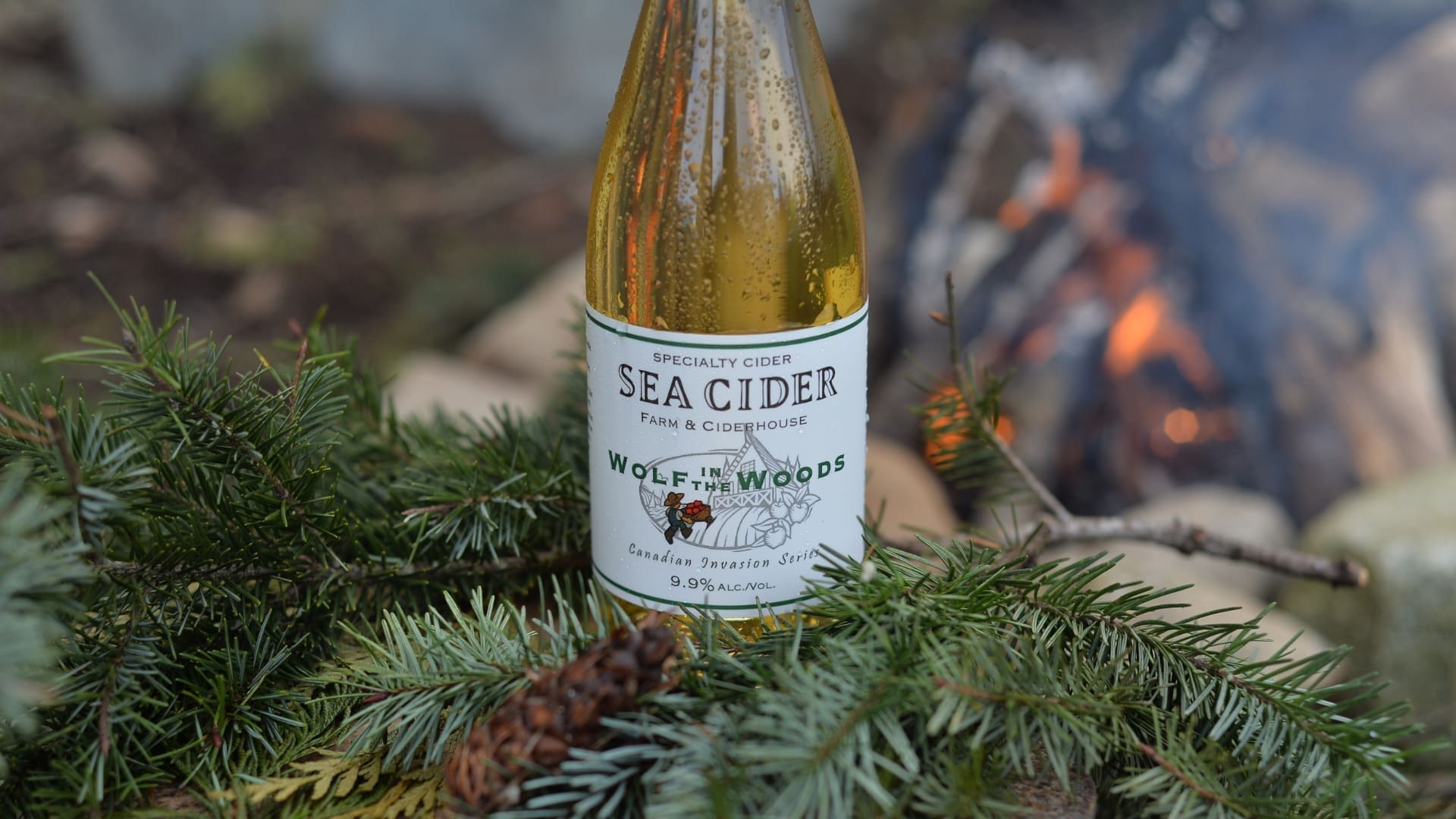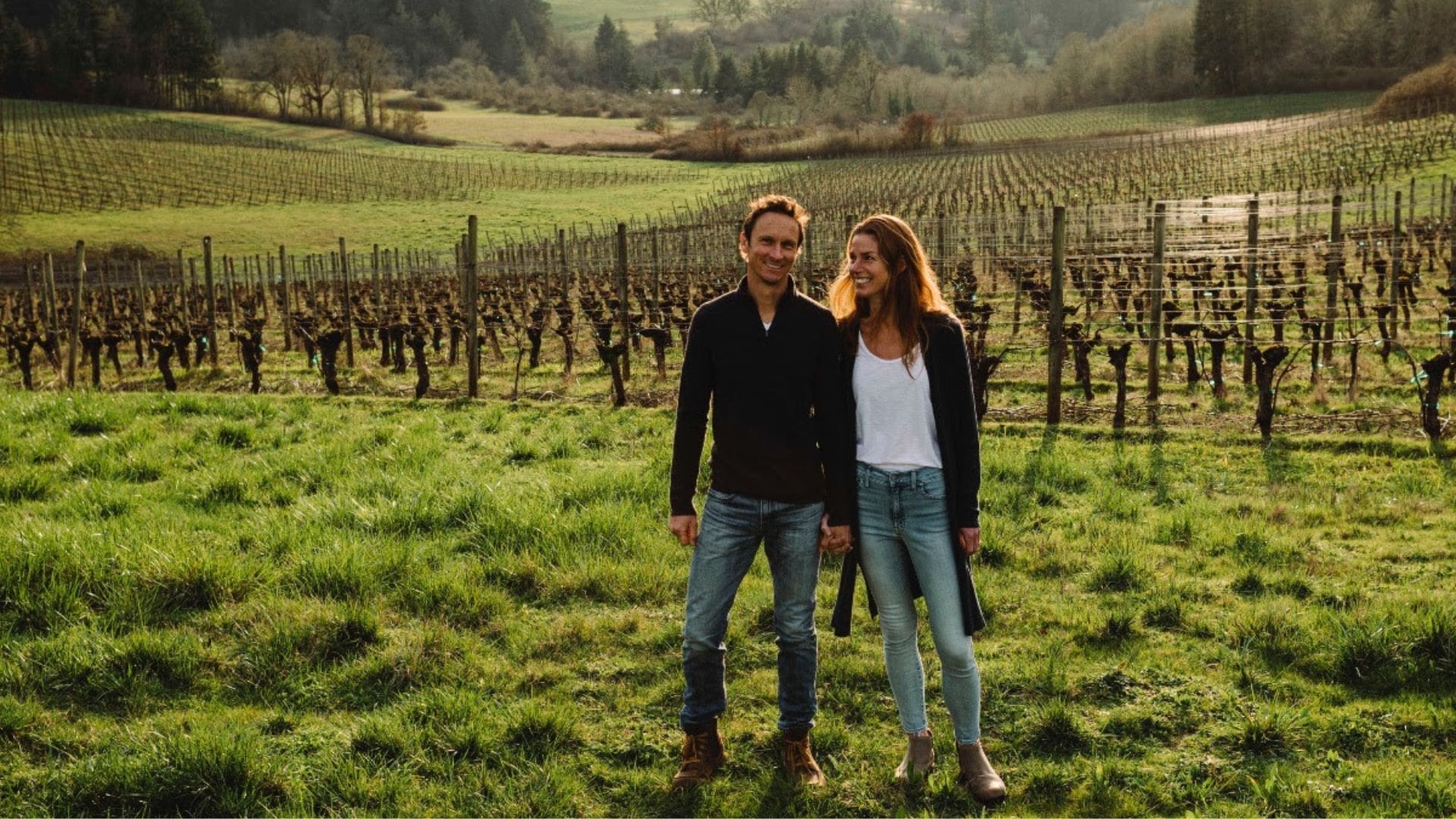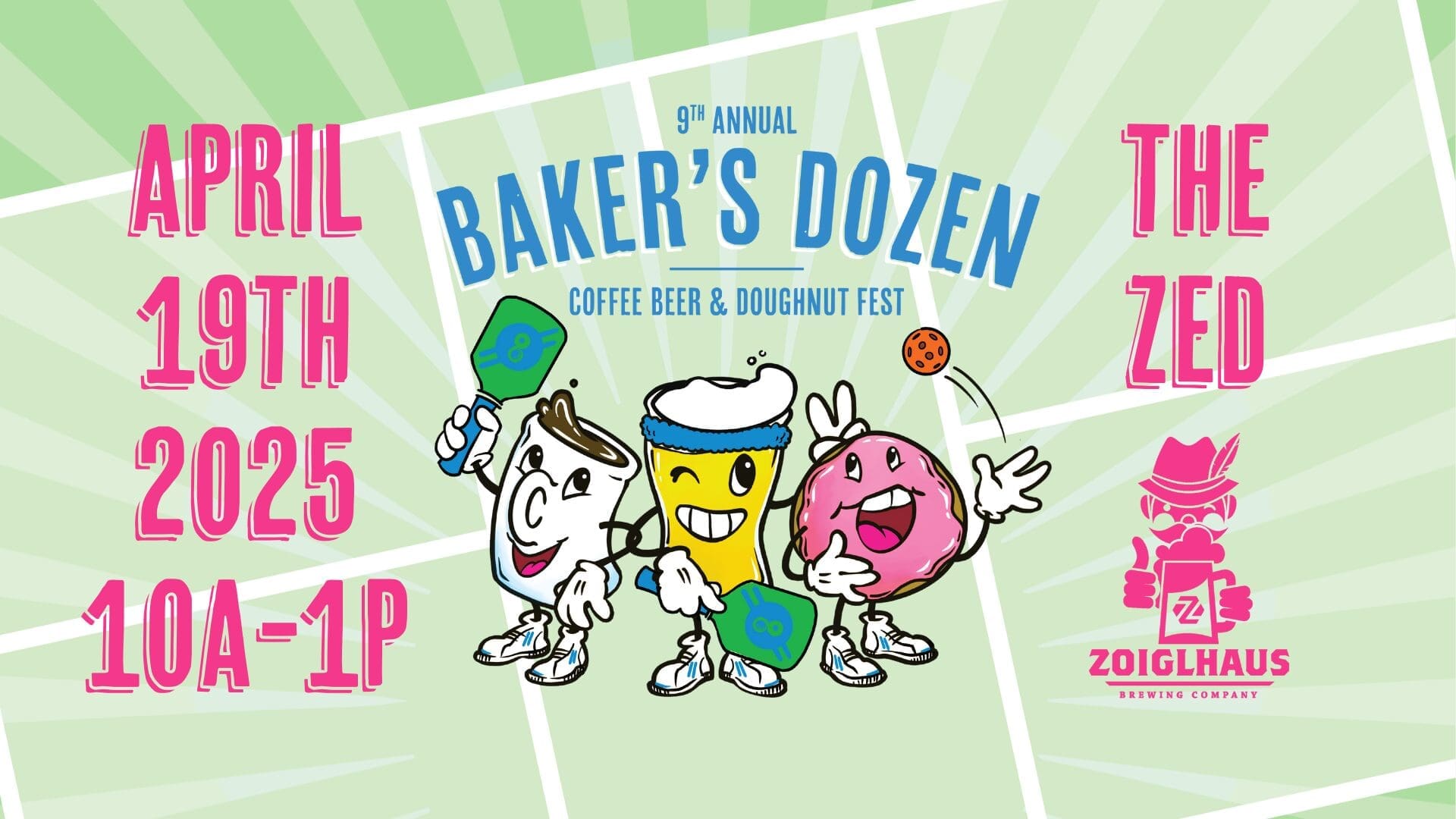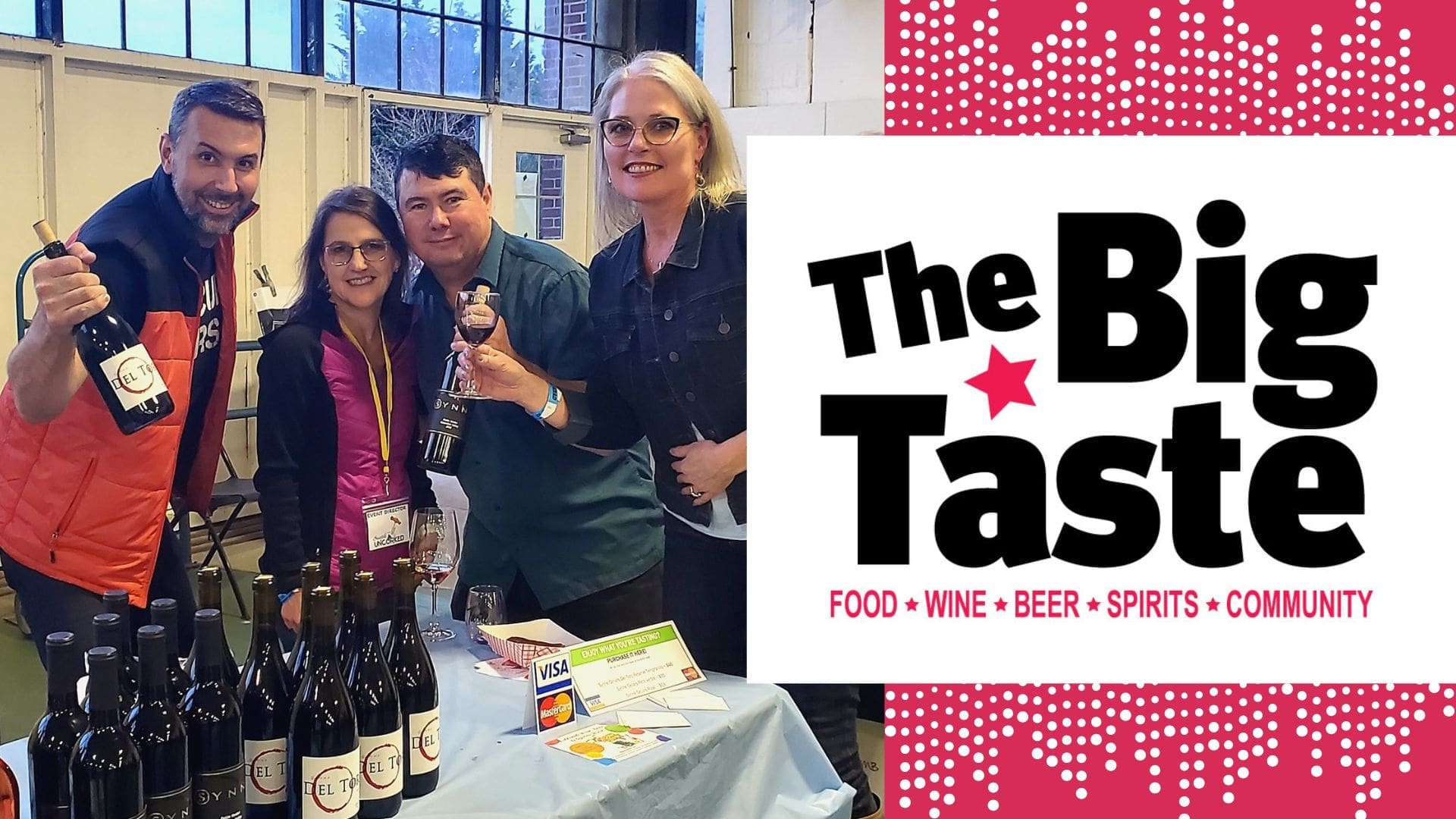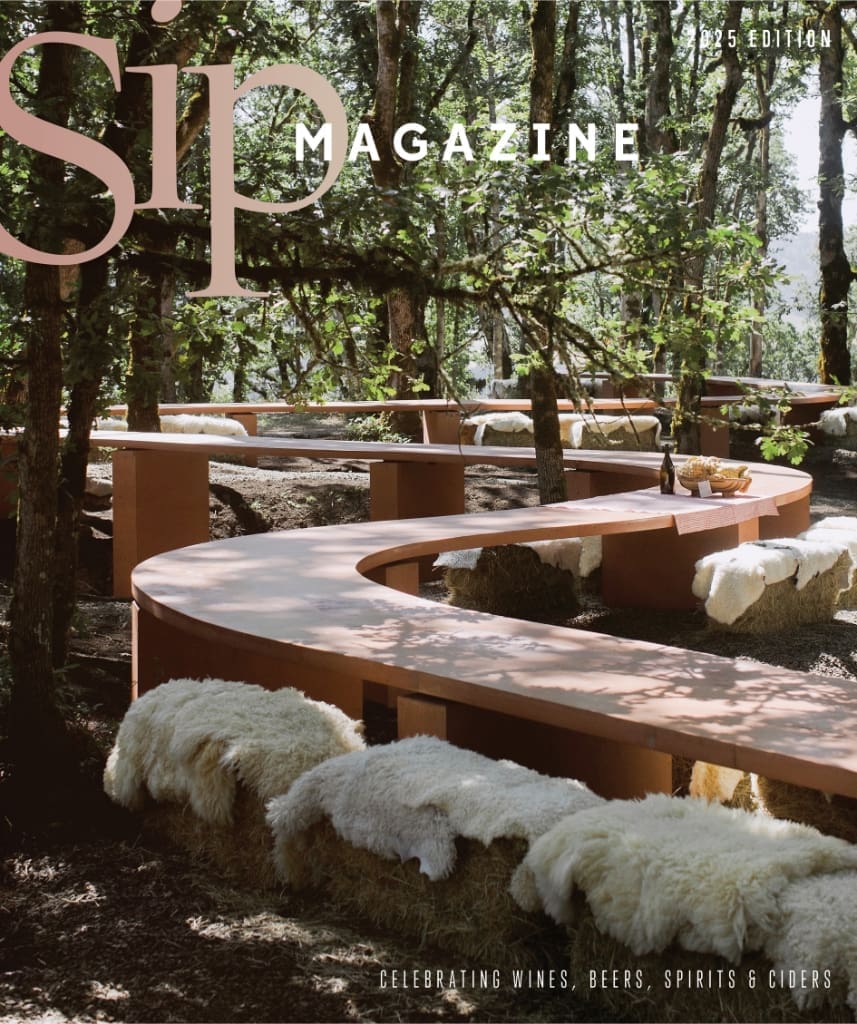Second-Generation Winemaker Megan Hughes of Barnard Griffin
Megan Hughes was raised in the heart of Washington Wine Country, and saw her parents Rob Griffin and Deborah Barnard run Barnard Griffin, one of the state’s oldest family-owned vineyards. She saw them go off-the-beaten-track to start a winery with a borrowed truckload of grapes, a rented cellar and a whole lot of fortitude. Fast forward to today, Barnard Griffin is a multiple award-winning, legendary winery with Hughes playing a vital role as a second-generation female winemaker.
When she was all of three, Hughes scored her very first paid gig — “relabeling a project that had a misprint on it, and the payment was in M&Ms,” she fondly remembers. Her childhood summers were spent romping around vineyard blocks and helping out in the winery. Receptive and curious, she soaked up all the early hands-on experience, and the intangible learning that followed.
Hughes does not wear her legacy lightly. Her parents never even asked or encouraged her to take on the family business. Hughes learnt by example when she saw her parents work extremely hard but come back home fulfilled everyday. She found that alluring. The interest in science and winemaking came later. But how is it working with family?
“Working in or for any family business has its ups and downs,” Hughes says. “The goal is to have mostly positives, with the hard parts few and far between. Working with family allows a lot of independence and I am able to bring projects to the table and have opinions of things that would otherwise fall out of my job-scope. The flip side of that would be that nothing really is ‘outside’ of my job scope. Wine brings people together, so I would say the hardest part is enjoying a bottle at family dinner without overanalyzing it. I love getting to tell the story of our family and why it’s so important to Washington wine.”
With women overcoming challenges and facing uphill battles for equality in different professions all over the world, how is it being a woman in the Washington wine world?
“Women have been making wine in Washington for a very long time — that’s encouraging and refreshing,” Hughes says. “My parents never suggested that winemaking was for males and I really didn’t understand the challenges and obstacles until I was already in it. I think any female professional has equality struggles, but the Pacific Northwest seems to provide better support than most.
“One of my favorite muses is Isis Daniel, known as The Millennial Somm,” Hughes adds. “She is bringing wine to a younger generation in a fun and informative way. She is creative and it’s been great to follow her journey.”
Hughes studied wine extensively, both inside and outside the classroom. She also received a lot of education in the real world, outside the scope of any school. She cemented her credentials with a Bachelor of Science in Horticulture, Viticulture and Enology from Washington State University. Her father and mentor, Rob Griffin, has the immense wealth of experience that Hughes has learnt from. In her opinion, that combination of formal and on-site education is essential.
“You need both to be successful,” she says. “The science background allows for more freedom and artistic expression in the winery. There are a few programs in the state and I have seen successful winemakers come out of all of them. I have learned so much from just real world learning. Any non-typical year, Rob has seen before, and that adds some calmness to harvest that I think is unusual. That level of experience is rare and I am grateful to get that perspective.”
Hughes just released 2021 Gorge Sparkling Wine ($35), crafted from 100 percent Chardonnay, the first wine to feature her name on the label. “The name is a play on words and styles, as this wine is not ‘disgorged,’” she says. “I have maintained the yeast and allowed for the second fermentation to continue in the bottle. This leaves the disgorging to the end user. It’s a fun and playful approach and we will attach fun ‘how-to’ with each bottle.

“I keep this project non-vintage as I feel that gives the most freedom and tradition to the style,” Hughes continues. “This particular one is Chardonnay, and we have had a few versions of Albariño. The grapes come from Crawford vineyard, a women co-run and co-owned vineyard. They were harvested in August to give the acidity and freshness we were looking for.”
Parallel to her own growing up, Hughes watched the Washington wine industry blossom and evolve from its fledgling stages into the big, bustling community it is now. “Washington has more great winemakers than ever before,” she says. “Lots of people are engaging with what our soils and climate can bring us. This is an industry and area full of very enthusiastic wine lovers and winemakers and it’s so fun to be a part of that.
“Wine is such a traditional venture, but there’s no doubt that we have evolved to be one of the greatest growing regions,” Hughes adds. “Washington can make so many diverse varieties so well, it’s almost a hindrance as we look for consistent messaging to the rest of the country/world.”
